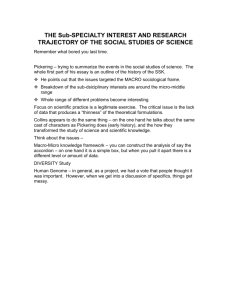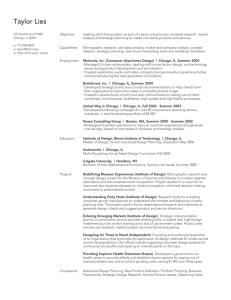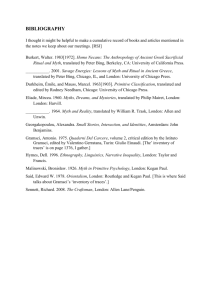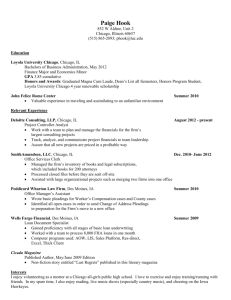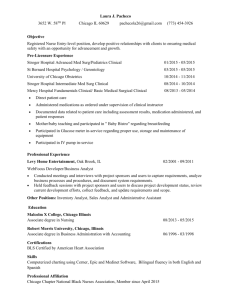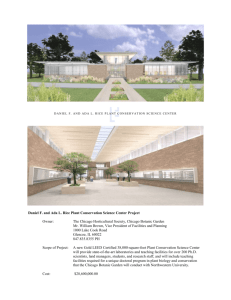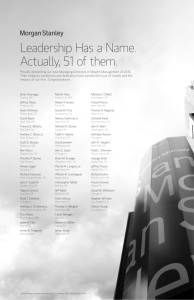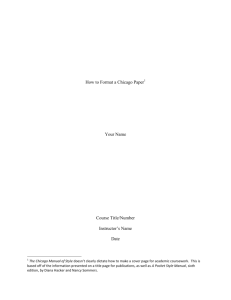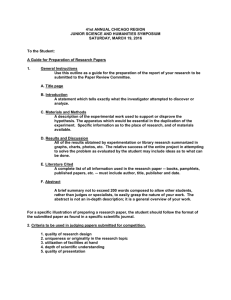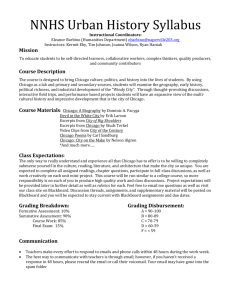Roy Wagner
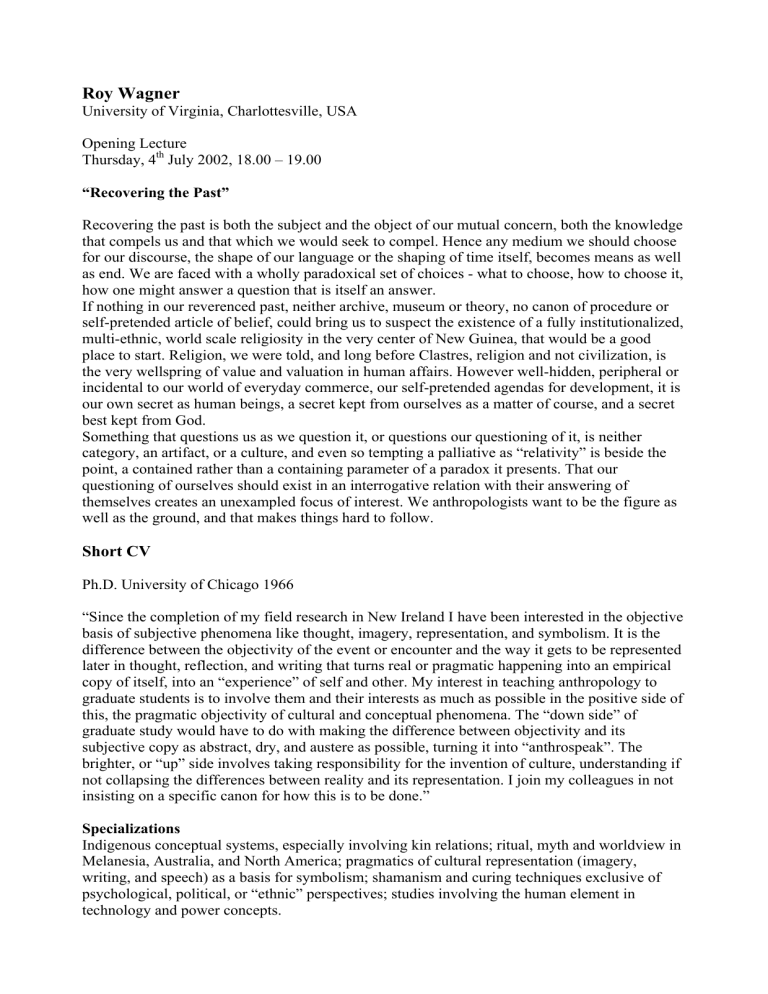
Roy Wagner
University of Virginia, Charlottesville, USA
Opening Lecture
Thursday, 4 th July 2002, 18.00 – 19.00
“Recovering the Past”
Recovering the past is both the subject and the object of our mutual concern, both the knowledge that compels us and that which we would seek to compel. Hence any medium we should choose for our discourse, the shape of our language or the shaping of time itself, becomes means as well as end. We are faced with a wholly paradoxical set of choices - what to choose, how to choose it, how one might answer a question that is itself an answer.
If nothing in our reverenced past, neither archive, museum or theory, no canon of procedure or self-pretended article of belief, could bring us to suspect the existence of a fully institutionalized, multi-ethnic, world scale religiosity in the very center of New Guinea, that would be a good place to start. Religion, we were told, and long before Clastres, religion and not civilization, is the very wellspring of value and valuation in human affairs. However well-hidden, peripheral or incidental to our world of everyday commerce, our self-pretended agendas for development, it is our own secret as human beings, a secret kept from ourselves as a matter of course, and a secret best kept from God.
Something that questions us as we question it, or questions our questioning of it, is neither category, an artifact, or a culture, and even so tempting a palliative as “relativity” is beside the point, a contained rather than a containing parameter of a paradox it presents. That our questioning of ourselves should exist in an interrogative relation with their answering of themselves creates an unexampled focus of interest. We anthropologists want to be the figure as well as the ground, and that makes things hard to follow.
Short CV
Ph.D. University of Chicago 1966
“Since the completion of my field research in New Ireland I have been interested in the objective basis of subjective phenomena like thought, imagery, representation, and symbolism. It is the difference between the objectivity of the event or encounter and the way it gets to be represented later in thought, reflection, and writing that turns real or pragmatic happening into an empirical copy of itself, into an “experience” of self and other. My interest in teaching anthropology to graduate students is to involve them and their interests as much as possible in the positive side of this, the pragmatic objectivity of cultural and conceptual phenomena. The “down side” of graduate study would have to do with making the difference between objectivity and its subjective copy as abstract, dry, and austere as possible, turning it into “anthrospeak”. The brighter, or “up” side involves taking responsibility for the invention of culture, understanding if not collapsing the differences between reality and its representation. I join my colleagues in not insisting on a specific canon for how this is to be done.”
Specializations
Indigenous conceptual systems, especially involving kin relations; ritual, myth and worldview in
Melanesia, Australia, and North America; pragmatics of cultural representation (imagery, writing, and speech) as a basis for symbolism; shamanism and curing techniques exclusive of psychological, political, or “ethnic” perspectives; studies involving the human element in technology and power concepts.
Selected Publications
2001 - An Anthropology of the Subject . Berkeley: University of California Press.
2000 - The Reprojective Basis of Human society, Soumen Antropologi , Journal of the Finish
Anthropological Society.
1986 - Asiwinarong: Ethos, Image, and Social Power among the Usen Barok of New Ireland .
Princeton: Princeton University Press.
1986 - Symbols That Stand for Themselves . Chicago: University of Chicago Press.
1981 - The Invention of Culture . University of Chicago Press.
1978 - Lethal Speech: Daribi Myth as Symbolic Obviation . Symbol, Myth and Ritual Series.
Ithaca: Cornell University Press.
1972 - Habu: The Innovation of Meaning in Daribi Religion . Chicago: University of Chicago
Press.
Roy Wagner
Department of Anthropology
University of Virginia
100 Brooks Hall
PO Box 400120
Charlottesville VA 22904-4120
USA


